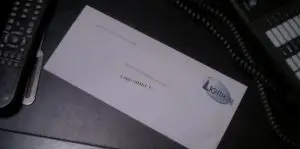
John Mudge’s unorthodox approach to uncloak life’s grievances — loneliness and fractured ambition — is wonderfully offbeat and brisk. Joey Harmon’s spirited performance as Todd is primarily communicated through physical comedy and a fidgety demeanor. A pair of devilish horns and icy-blue skin color doesn’t stop Harmon from bringing the character to life, as if he’s a human forced to deal with realistic problems, such as isolation and muddled aspirations.
As Todd’s insufferable boss and the company’s security guard Agatha (Annette Watson) enter the scene, the more apparent it becomes that Todd always has an authoritative shadow looking over him. David Tiefen and Annette Watson perform these roles with showy intent. Tiefen outlandishly plays the pesky boss who doesn’t tolerate nonsense. In contrast, Watson loudly plays the security guard with brimming vim. Out of empathy, Agatha ends up supporting Todd’s harebrained decision to act as Kelley’s therapist. With that being said, there’s an underlying desire for a genuine connection, making its way through every character.
Todd’s boss, who just wants a promotion, is an exasperating character. The security guard is on a mission to catch the vending machine thief, hoping that she’ll also be rewarded once she unmasks the culprit. And Todd is somewhat directionless, yet finds himself willing to exercise whatever empathy and compassion he has for somebody he doesn’t know. However misguided and intrusive it is to sordidly act like somebody else, and get in the midst of somebody else’s problems, Todd is trying to do something fulfilling. Whether he’s doing it more for Kelley or for himself is debatable. How Todd and Kelley’s conversation comes together is quite amusing, as Todd strives to uphold the look of a psychologist’s office, and prevent Kelley from seeing him.
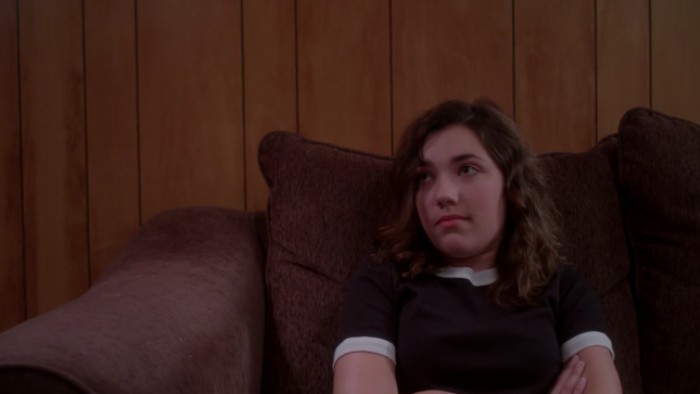
“…the breakneck dialogue, the quirky music…a room of inflated personas, and you get a sardonic glance at how far one would go to cultivate meaning…”
Elena Bueso’s quaint production design maintains a very rustic office space that’s subdued in color and decoration (a few landscape photographs here-and-there, a cactus, and a couple of plants). In our current reality, some people might be afraid to seek help because they may feel judged or perceived as less than. For Kelley, she’s looking for direction, yet she’s being duped into discussing her matters with Todd, who’s also unsatisfied. Through the naturalistic colloquies, the tone is airy. Mix in the breakneck dialogue, the quirky music, a considerably static camera, plus a room of inflated personas, and you get a sardonic glance at how far one would go to cultivate meaning in their lives.
John Mudge’s Mailer Daemon is able to send its messages of isolation, communication, and ambition to the recipients with straight-faced humor. That said, Todd and Kelley could have benefitted from more face-to-face time. The ending reassures viewers that both characters will stay in contact with each other. However, we, the audience, will likely never see these faces again, making the conclusion feel rather abrupt.
While Todd still looks for a simple “thank-you,” a verbal form of gratification, that doesn’t stop him from blurting out “you’re welcome,” despite not ever having that verbal confirmation. When it’s all said and done, Todd’s efforts to help Kelley is more of a deed of self-fulfillment. The ideal computer program needs to perform efficiently. We’re not a software, but aren’t we all programmed to make money and do monotonous tasks? Sometimes it can feel that way, but a conversation can be quite the reboot.
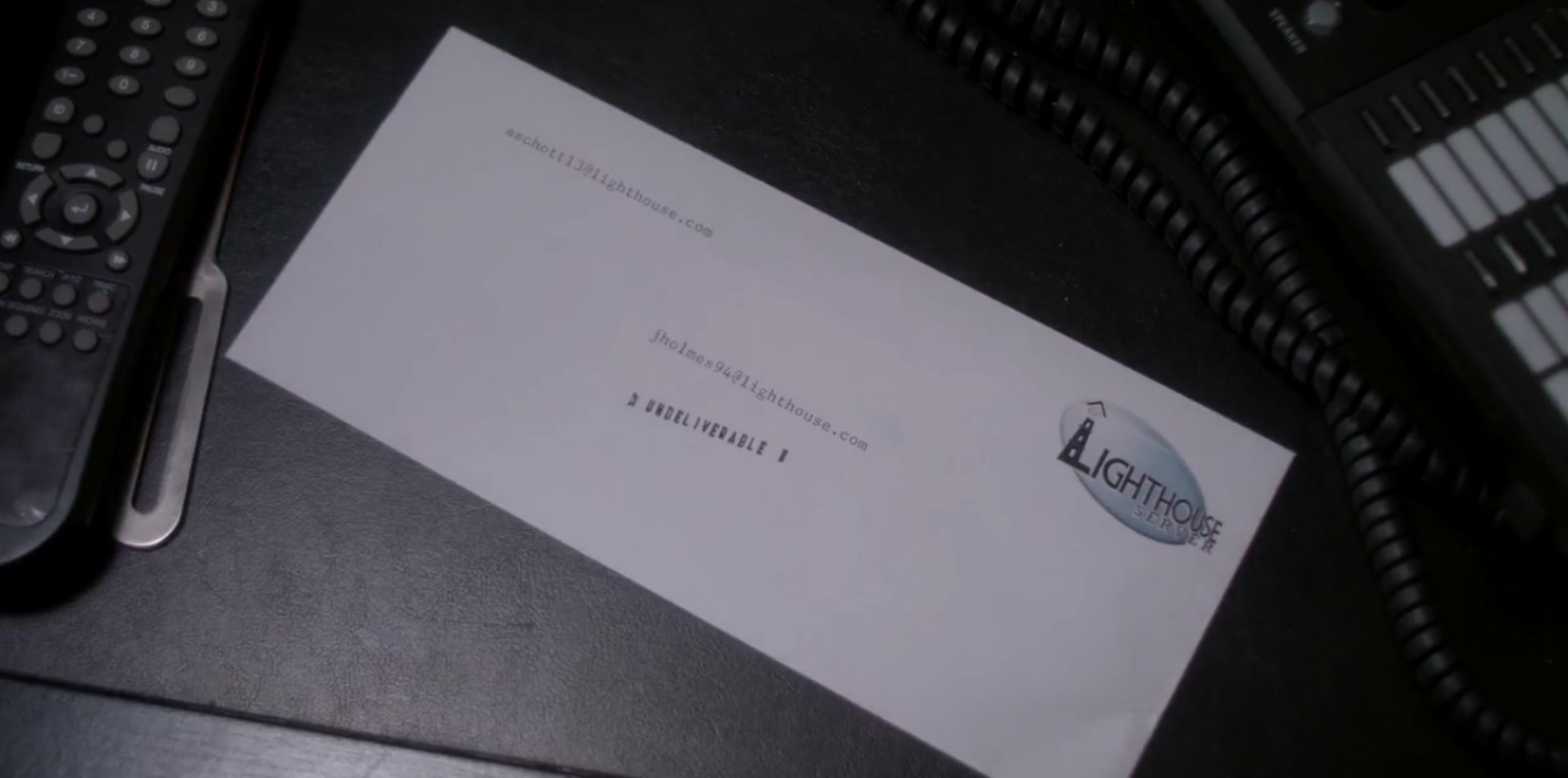
"…In our current reality, some people might be afraid to seek help..."
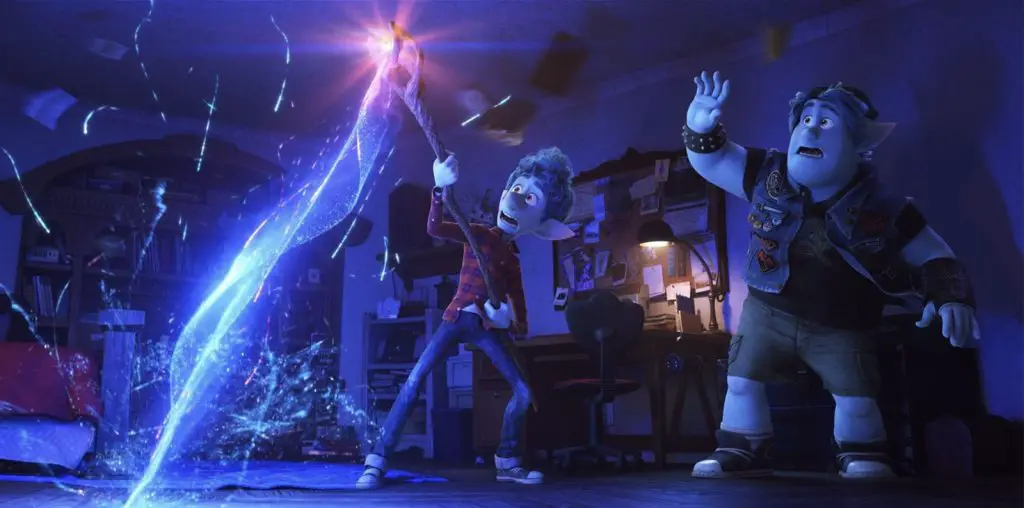
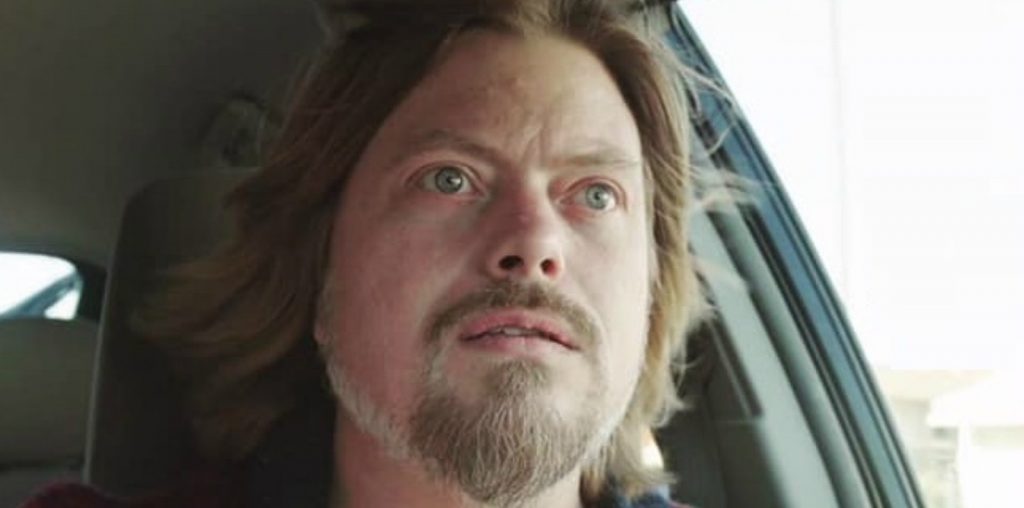
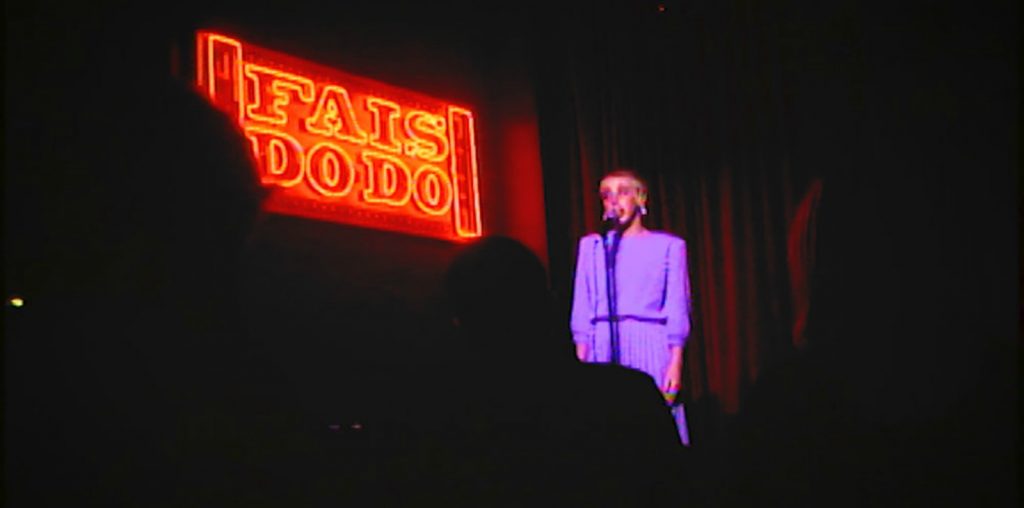
Congrats on another great review.